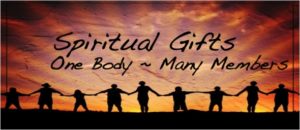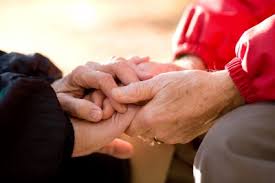 WHY IS THIS IMPORTANT? What you believe about Sunday School (primary purpose; why it exists) determines how you see Sunday School (what it is or does). How you see Sunday School determines how you lead Sunday School (focus or emphasis) and how you measure it’s success.
WHY IS THIS IMPORTANT? What you believe about Sunday School (primary purpose; why it exists) determines how you see Sunday School (what it is or does). How you see Sunday School determines how you lead Sunday School (focus or emphasis) and how you measure it’s success.
WHAT DO I DO? Which of these purposes is most descriptive of your group?
- If the primary purpose of Sunday School is teaching, then you will see Sunday School primarily as a group with members primarily as students. You will emphasize attending the study event. The key measures of success will be how many show up and did we get through the lesson.
- If the primary purpose of Sunday School is friendship and fellowship, then your focus will be on community. You will lead your Sunday School to establish and build relationships. The key measure of success will be having a good group experience.
- If the primary purpose of Sunday School is care and support, then you will focus on service and helping with your members as ministers. You will emphasize praying for each other and supporting each other. The key measure of success will be meeting needs of group members.
- If the primary purpose of Sunday School is outreach and missions, then you will be a team of people on mission with God and your members will be missionaries. You will lead in equipping members to live on a mission field and be engaged in missions and outreach events. The key measure of success will be lives being saved, reached, and changed.
A church can do Sunday School for many reasons. Make a decision to frefocus on the primary purpose of Sunday School: life change. Teaching the Bible, building relationships, and caring for people are not the primary goal of Sunday School—these are done in order to bring people into a personal encounter with Jesus. He is the one who can change their lives here and for eternity and grow them to serve Him in their daily lives and relationships. Measure and reward what our Lord wants your group to accomplish!



